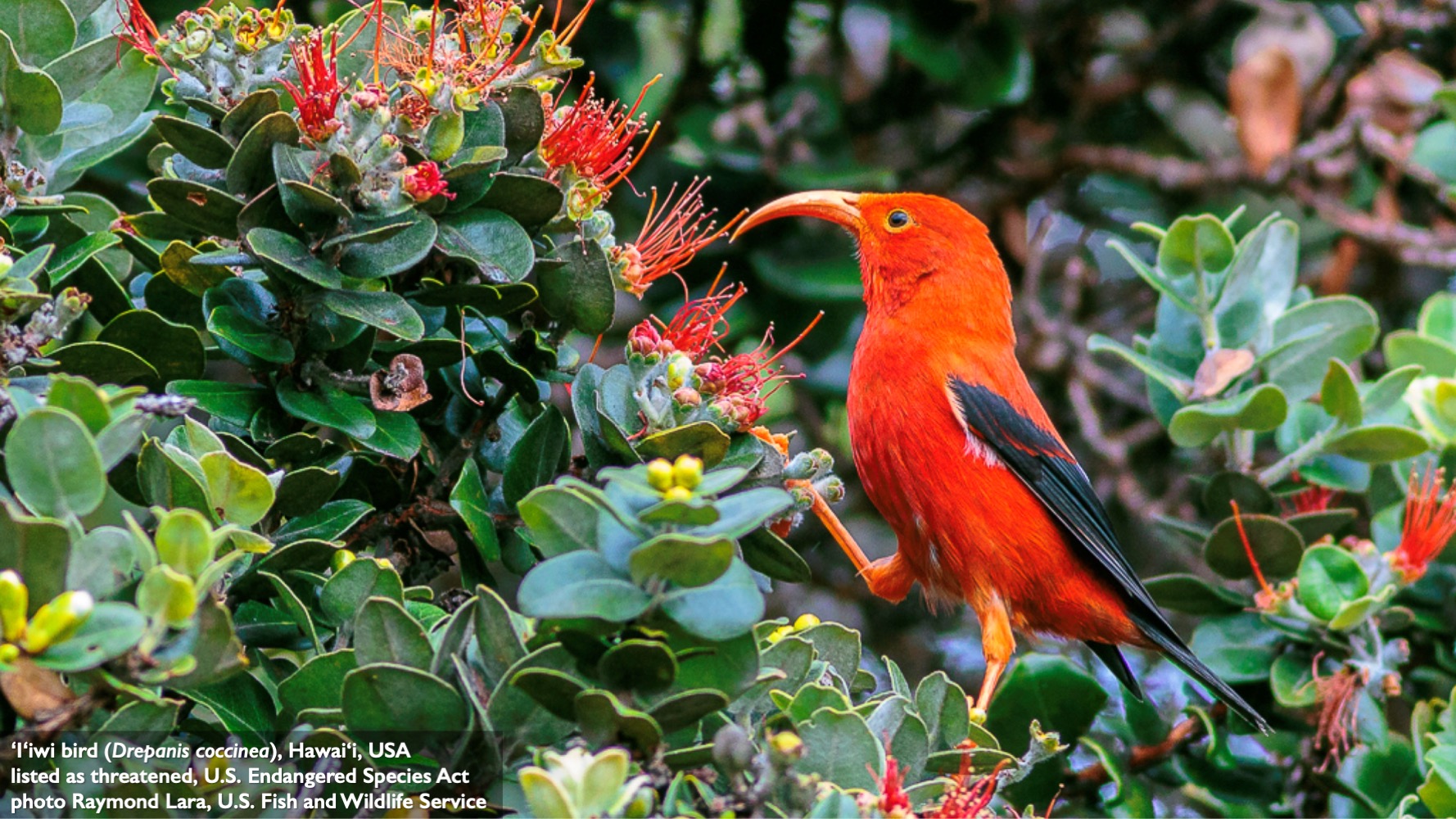Human-caused climate change is harming the rich biodiversity of plants, animals, and ecosystems that sustains nature and human well-being. Scientific assessments of climate change and biodiversity provide key information for management actions and policies to protect nature and people.
These are the conclusions of a report by the National Academy of Sciences of the USA, published May 5, 2025. Patrick Gonzalez, climate change scientist and forest ecologist at the University of California, Berkeley, served on the author team. Patrick is an associate adjunct professor in the Department of Environmental Science, Policy, and Management. He has served as a lead author for four reports of the Intergovernmental Panel on Climate Change, the science panel awarded a share of the 2007 Nobel Peace Prize.
The report is publicly available:
National Academies of Sciences, Engineering, and Medicine. 2025. Biodiversity and Climate Change Assessment: Review of Draft Chapters. [DeFries, R., P.J. Auster, K.A. Capps, G. Ceballos, C.C. Chester, R. Dirzo, C. Eisenberg, S. Fuller, P. Gonzalez, D.Ignace, J. Lento, K.R. Lips, P.D. McElwee, J.G. Robinson, and F. Tudela (authors)]. National Academies Press, Washington, DC. https://doi.org/10.17226/27796

ʻIʻiwi bird (Drepanis coccinea), Hawai‘i, USA
listed as threatened, U.S. Endangered Species Act
photo Raymond Lara, U.S. Fish and Wildlife Service
